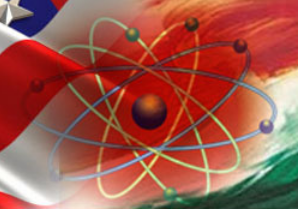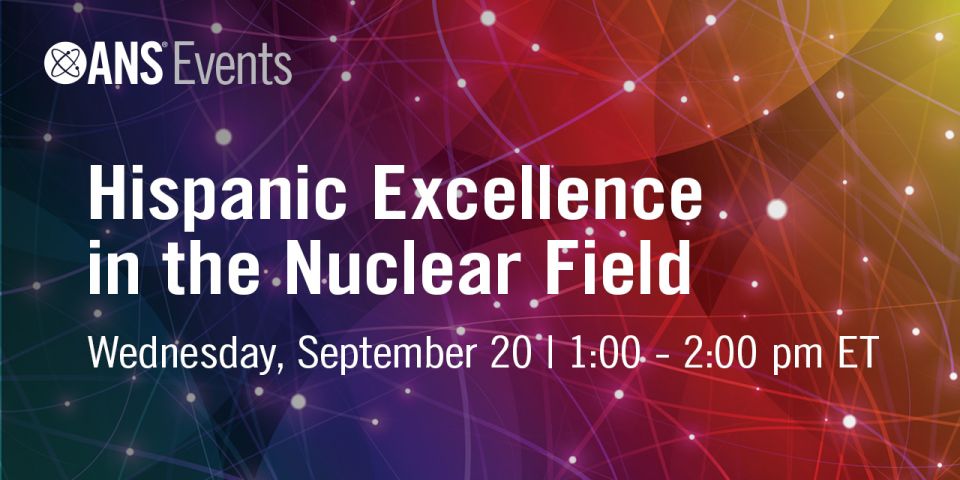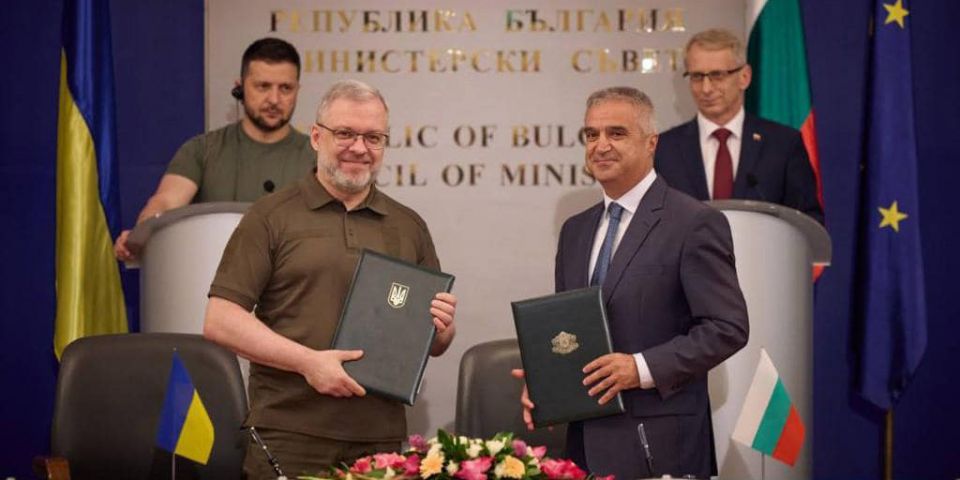South Korea's drive for reprocessing gets U.S. attention
Seoul wants to know why it is treated differently than India
The U.S. is wary of making the change because it believes a future South Korean government might want to build a nuclear weapons deterrent against its hostile neighbor to the north. Instead, U.S. negotiators have offered the idea of having South Korea's spent fuel reprocessed by Japan or France, which already do this kind of work.
South Korea is a growing commercial nuclear power, having startled the global industry by winning a $20 billion contract last December with the United Arab Emirates to build four new KEPCO 1400 MW reactors for the Persian Gulf nation. The UAE signed a 1-2-3 agreement with the U.S. in fall 2009, under which it would not build its own enrichment facilities nor reprocess fuel.
Why South Korea wants reprocessing
South Korea gets 40 percent of its electricity from 20 nuclear reactors (18 GWe) and is running out of room to store spent fuel. The World Nuclear Association's profile of South Korea observes that nuclear energy is a strategic priority for South Korea and that capacity is planned to increase by 56 percent to 27 GWe by 2020 and then to 35 GWe by 2030. The New York Times reported on July 13 that South Korea has no domestic oil reserves, which is the impetus for its increased use of nuclear reactors to achieve energy independence.
Nuclear experts say that space for spent fuel storage will run out by 2016 and that South Korea's preferred technology is pyroprocessing. According to a definition provided by Argonne National Laboratory, the key step in this method is "electrorefining," which removes uranium, plutonium, and the other actinides (highly radioactive elements with long half-lives) from the spent fuel, while keeping them mixed together so that the plutonium cannot be used directly in weapons.
Nonproliferation expert Susan Squassoni told the New York Times on July 15 that the issue of pyroprocessing "is a political one, not a technical one." Even so, South Korea isn't sure it can do it. Scientists at the South Korean Atomic Energy Institute told the AFP wire service on March 25 that the research and development on the process could take at least another decade to reach the commercial stage.
South Korea wants to change the U.S. position
 South Korea is officially annoyed that the U.S. signed a separate agreement with India last March under the same provision of the Atomic Energy Act that grants India the right to reprocess fuel and import American nuclear technologies. The South Korean foreign ministry issued a statement to domestic news media saying that it feels that the U.S. is not willing to revise the 1974 agreement.
South Korea is officially annoyed that the U.S. signed a separate agreement with India last March under the same provision of the Atomic Energy Act that grants India the right to reprocess fuel and import American nuclear technologies. The South Korean foreign ministry issued a statement to domestic news media saying that it feels that the U.S. is not willing to revise the 1974 agreement.
The New York Times report also cited Lee Unchul, a nuclear scientist at Seoul National University, who put the South Korean complaint in perspective: "The Americans say no to recycling, but don't offer an alternative. They think we might change our minds and build nuclear weapons, depending on the situation with North Korea. In short, they don't trust us."
U.S. negotiator Robert Einhorn, who will lead the talks for the Obama administration, said during a trip to South Korea in July that the dialog will kick off in October. A number of nonproliferation experts outside the State Department, however, have a good deal more to say.
Daniel B. Poneman, deputy secretary of Energy, said during a visit to South Korea in June that the U.S. wants to help South Korea expand its commercial nuclear industry without the risk of weapons proliferation.
A realistic appraisal of South Korea's position
 Writing in the July 14 issue of Foreign Policy, Harvard professor Stephen M. Walt (left) noted first that allowing South Korea to reprocess spent fuel could make it harder for the U.S. to convince North Korea to give up its nuclear weapons and related production capabilities. In the article, Walt agreed that South Korea has a legitimate complaint that it is being treated differently than India. South Korean diplomats point out that India has not signed the nuclear nonproliferation treaty.
Writing in the July 14 issue of Foreign Policy, Harvard professor Stephen M. Walt (left) noted first that allowing South Korea to reprocess spent fuel could make it harder for the U.S. to convince North Korea to give up its nuclear weapons and related production capabilities. In the article, Walt agreed that South Korea has a legitimate complaint that it is being treated differently than India. South Korean diplomats point out that India has not signed the nuclear nonproliferation treaty.
Second, Walt pointed out that South Korea depends on the U.S. military to provide a defensive cover against aggression from North Korea. He wrote that there is a subtle undertow that suggests that if the U.S. withdraws from that relationship, and South Korea has reprocessing capabilities, a future South Korean government might decide to build nuclear weapons.
Third, Walt said that the South Korean angst over being denied a reprocessing agreement while India has one is over-wrought. He said that it is "commonplace" in international politics for the U.S. to treat each nation according to specific interests. Yet, he also wrote that other countries might not be so interested in nuclear weapons if the U.S. didn't place so much value on them.
Some in South Korea think that worrying about what North Korea will or won't do is irrelevant because the unpredictable and closed society has repeatedly broken its agreements with the West. The New York Times quoted Cheon Seong-whun, an analyst at a South Korean think tank, who said that South Korea has no interest in building its own nuclear weapons as long as the U.S. "keeps its alliance with us."
Background: India's reprocessing agreement
 Last March, the U.S. and India announced the successful completion of negotiations granting that country the right to reprocess spent nuclear fuel and import U.S. nuclear technologies. The main thrust of the agreement, which was signed in August, is intended to prevent diversion of American nuclear fuel into India's weapons program.
Last March, the U.S. and India announced the successful completion of negotiations granting that country the right to reprocess spent nuclear fuel and import U.S. nuclear technologies. The main thrust of the agreement, which was signed in August, is intended to prevent diversion of American nuclear fuel into India's weapons program.
India already has reprocessing plants-Trombay at Mumbai, REFRE at Taraput, and KARP at Kalpakkam. Their combined capabilities are about 250 tonnes per year.
The Indian agreement hasn't helped U.S. firms very much. A nuclear energy liability law passed by India's parliament in August imposes nearly unlimited liability on both suppliers and utility operators in the event of a nuclear accident.
Even the two state-owned nuclear corporations, from Russia and France, that are doing business with India are nervous about the law and have objected to its provisions. Just about all parties hoping to sell reactors into India's potentially huge nuclear energy market, worth an expected $150 billion, want liability limited to plant operators.
The U.S.-India Business Council is not happy about the situation. In a statement released on August 30, the Council said:
"We have taken a position from the outset that is consistent with the position stated publicly by India's nuclear operator, the Nuclear Power Corporation of India (NPCIL), and supported by major Indian business associations and commercial nuclear suppliers-that absolute and exclusive liability must be channeled to operators of nuclear power plants, and that a sole remedy must be established for adjudication of claims."
"The absence of an effective, CSC-compliant liability regime could preclude involvement by the private sector-both Indian and foreign-and stymie India's multi-year effort to develop civil nuclear power."
The Council didn't say it, but it is probably crossing its fingers that Indian Prime Minister Singh will find a way to diffuse the issue before President Obama visits the country in November.
_________
Dan Yurman publishes a blog on nuclear energy titled 'Idaho Samizdat'. It covers the nuclear energy industry with an emphasis on new reactor investments, economics, politics, and technologies. Dan is a contributing reporter for Fuel Cycle Week, a nuclear industry trade newsletter which covers the global nuclear fuel cycle. His beat is uranium mining in the U.S. and Canada.





